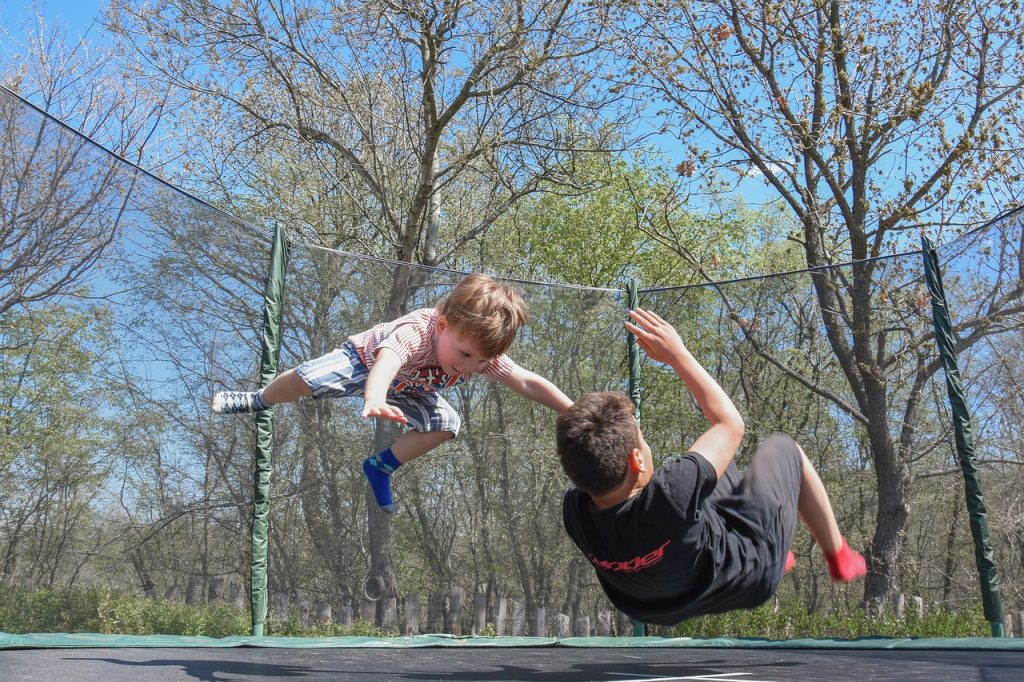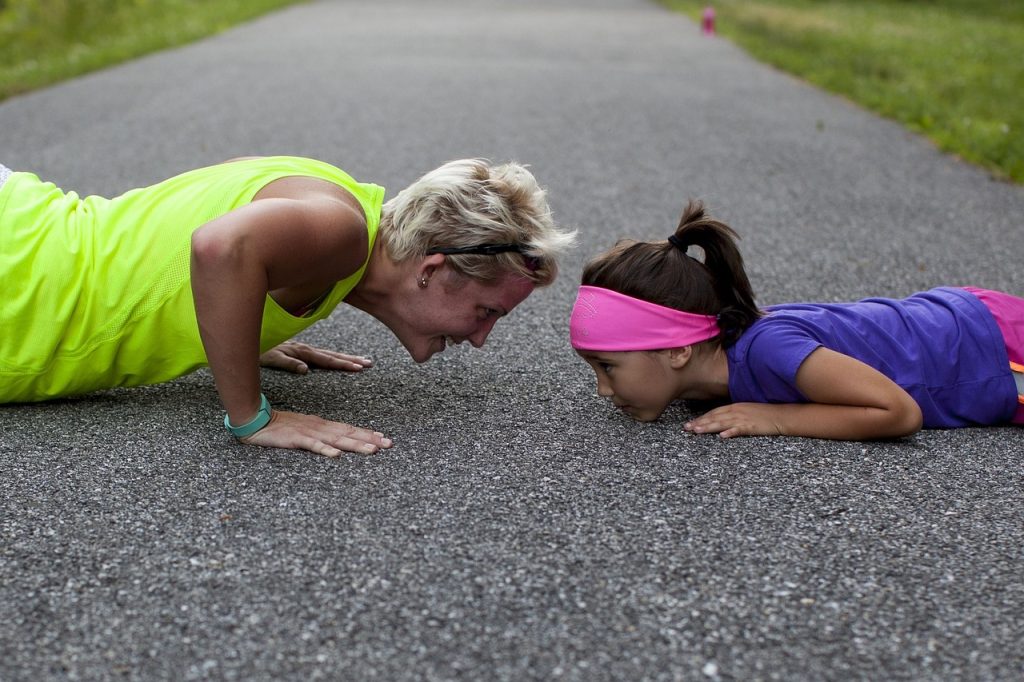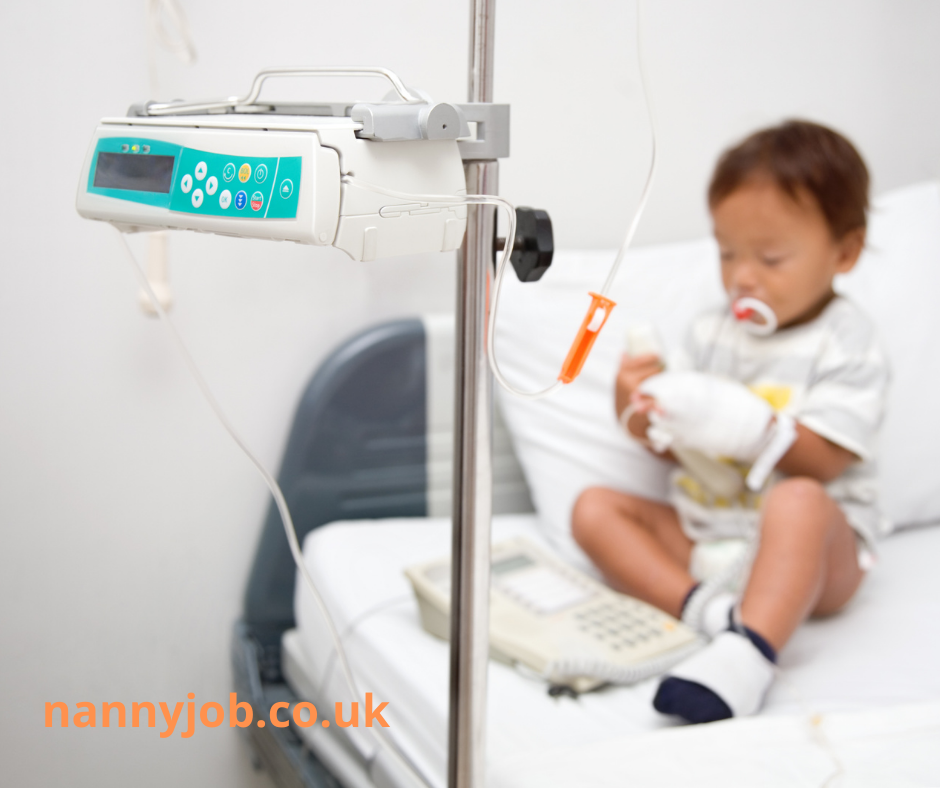Introduction
Child Health Day, observed on the first Monday of October, is a time to focus on the well-being of our children. It’s a reminder to prioritise their physical, emotional, and mental health, and to take steps to create a safe and nurturing environment. Whether you’re a parent, nanny, or caregiver, there are many ways to contribute to a child’s health and happiness. Here are some practical tips to help you celebrate Child Health Day by fostering a healthy lifestyle for the children in your care.
1. Encourage Physical Activity
Physical activity is essential for children’s growth and development. Encourage them to engage in at least 60 minutes of active play every day, whether it’s running, biking, dancing, or playing a sport. Physical activity not only improves fitness but also enhances mood, concentration, and overall well-being.
2. Focus on Nutritious Eating Habits
Good nutrition is vital for a child’s development. Offer a balanced diet that includes plenty of fruits, vegetables, whole grains, and lean proteins. Limit sugary snacks and processed foods, and encourage children to drink plenty of water. Make mealtimes fun by involving children in meal planning and preparation.
3. Prioritise Mental and Emotional Health
A child’s mental and emotional health is just as important as their physical health. Foster open communication and create a safe space for them to express their feelings. Encourage mindfulness practices, such as deep breathing or journaling, to help manage stress and emotions.
4. Ensure Adequate Sleep
Sleep is crucial for children’s growth, learning, and behavior. Establish a regular bedtime routine and ensure they get the recommended amount of sleep for their age. A consistent sleep schedule helps improve concentration, memory, and mood.
5. Promote Regular Health Check-Ups
Regular check-ups with a pediatrician, dentist, and eye specialist are essential for monitoring a child’s health and development. Stay up-to-date with vaccinations and screenings to prevent illness and detect any issues early.
Conclusion
Child Health Day is a wonderful opportunity to recommit to raising healthy, happy children. By encouraging physical activity, nutritious eating, good sleep habits, and emotional well-being, we can help children thrive today and in the future.






 Most children will end up visiting the hospital at some point in their life. The lucky ones have a quick trip to A&E and go straight home but sometimes a longer stay is needed. This can be a very testing time for the family and you may need to step into the breach to provide support but it can be difficult to know what to do beyond keeping everything ticking over.
Most children will end up visiting the hospital at some point in their life. The lucky ones have a quick trip to A&E and go straight home but sometimes a longer stay is needed. This can be a very testing time for the family and you may need to step into the breach to provide support but it can be difficult to know what to do beyond keeping everything ticking over.




